Plaintiff lawsuit funding began surfacing in the mid-1990s and these “lawsuit loans” are available for plaintiffs likely to receive a settlement resulting from cases of personal injury, slip-and-fall cases, and others. General estimates show that the industry is doing over $100 million in annual business. Since 2013, many states began drafting legislation to regulate this market, as annual interest rates may end up being over 100%.
The industry refers to interest rates as “funding fees”, which they explain must be high due to the significant risk the lender assumes. Those seeking the loans tend to have poor credit and limited resources and generally can apply over the phone or online. The funding firm then will typically contact the borrower’s attorney to gain an understanding of the likely outcome of the litigation. Most loans do not exceed $10,000 but largely depend on the circumstances. When a verdict or settlement award is finalized, typically the attorney will be paid his or her portion and any liens such as child support may be subtracted. Lenders explain that they offer the public a much-needed service.
Matt Fullenbaum of the American Tort Reform Association fears that plaintiffs will be less likely to accept reasonable offers to settle cases if they know that they must pay both their attorney and the lender. In addition, he is concerned that such lenders prey on those most vulnerable. Fees typically range from 2-4% per month; therefore, a loan of $2000 could actually cost well over $3000. The high rates reflect that lenders risk possibly never receiving any money back for the loan because they are “no recourse” loans. No recourse means that if the plaintiff does not receive an award in the case, they are not liable for repayment. This allows the industry to operate outside of the laws that govern banks and traditional lenders.
Maryland Not Allowing Lawsuit Funding
The MD Office of Financial Regulation conducted an investigation into National Lawsuit Funding LLC and determined that they were making litigation funding advances without proper licenses. These loans were deemed as exceeding the allowable interest rates limitations. An order of Cease and Desist was entered for the organization. The company was fined $45,000 and ordered to terminate current loans and issue refunds for any fees.
A Colorado Appeals Court determined that these transactions are loans according to the Uniform Consumer Code. States including Alabama, Georgia, Illinois, Kansas, Nebraska, Ohio, Tennessee, Vermont and others have all imposed legislation of some type. The Virginia Bar Association issued an ethics opinion back in the 1980s regarding attorney involvement in loans for clients involved in litigation. They stated that attorneys should not provide financial assistance to clients beyond contingencies for court costs, investigation, medical experts, and obtaining evidence. This is to be done with the understanding that that client would assume liability for these costs. Further, lawyers should not act as guarantors of loans for clients; however, may assist in finding options for loans to them directly.
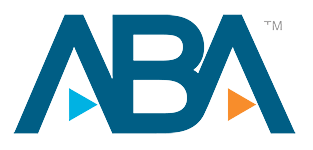
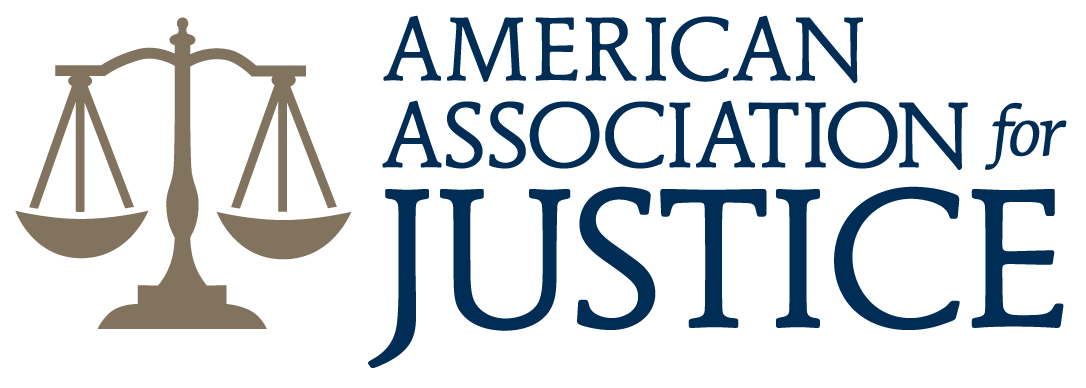
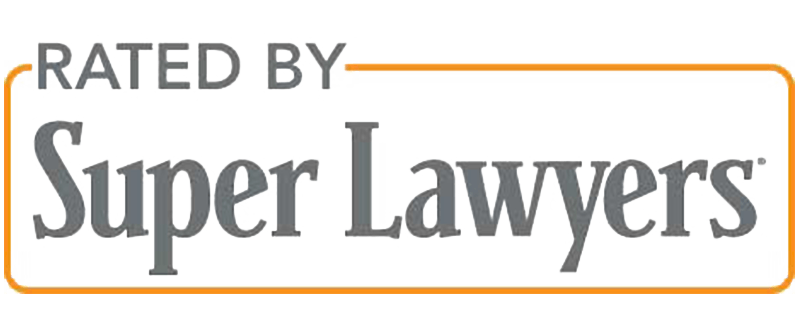
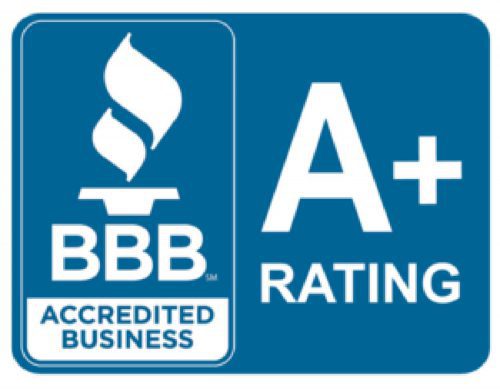
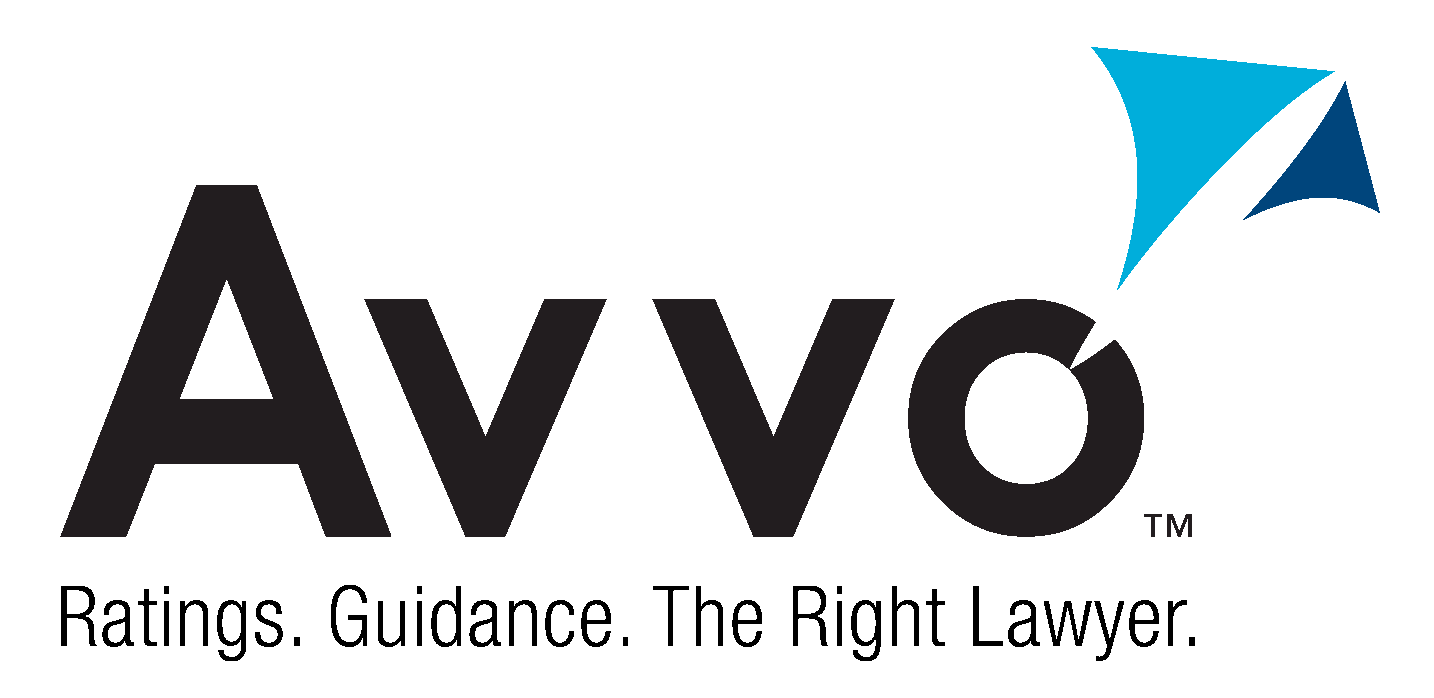


COMMENTS
There are no comments for this post. Be the first and Add your Comment below.